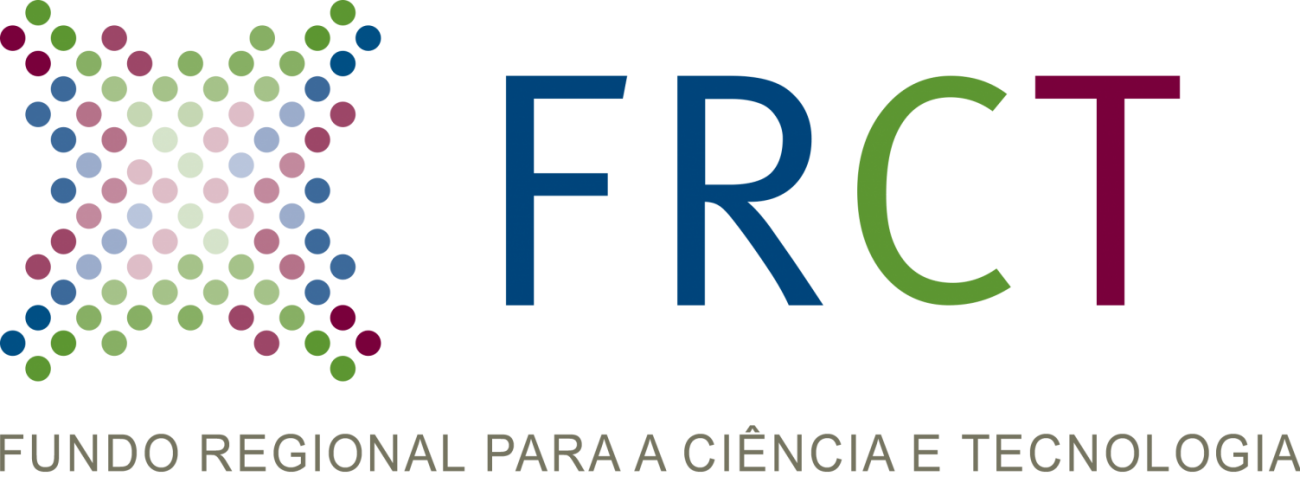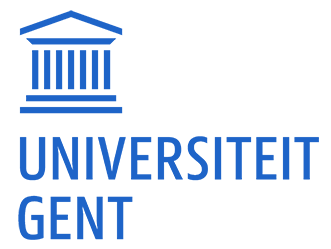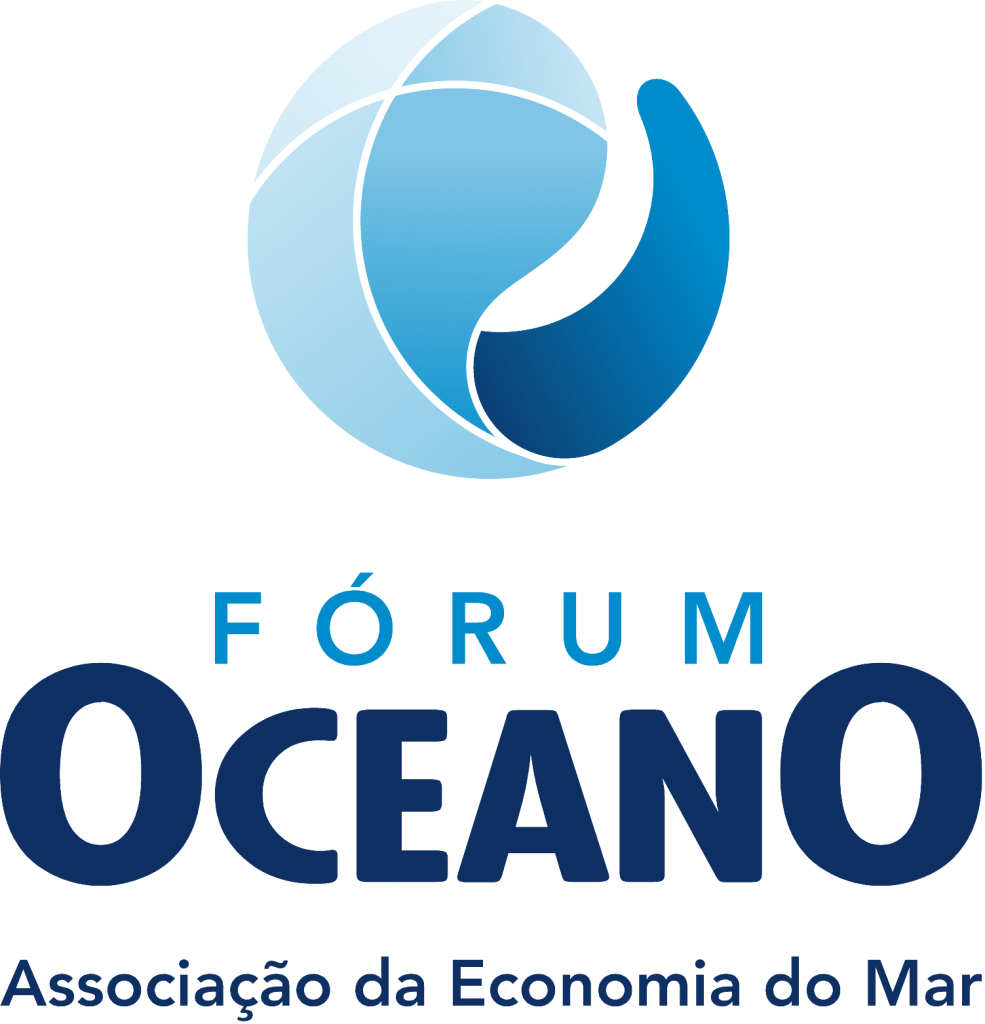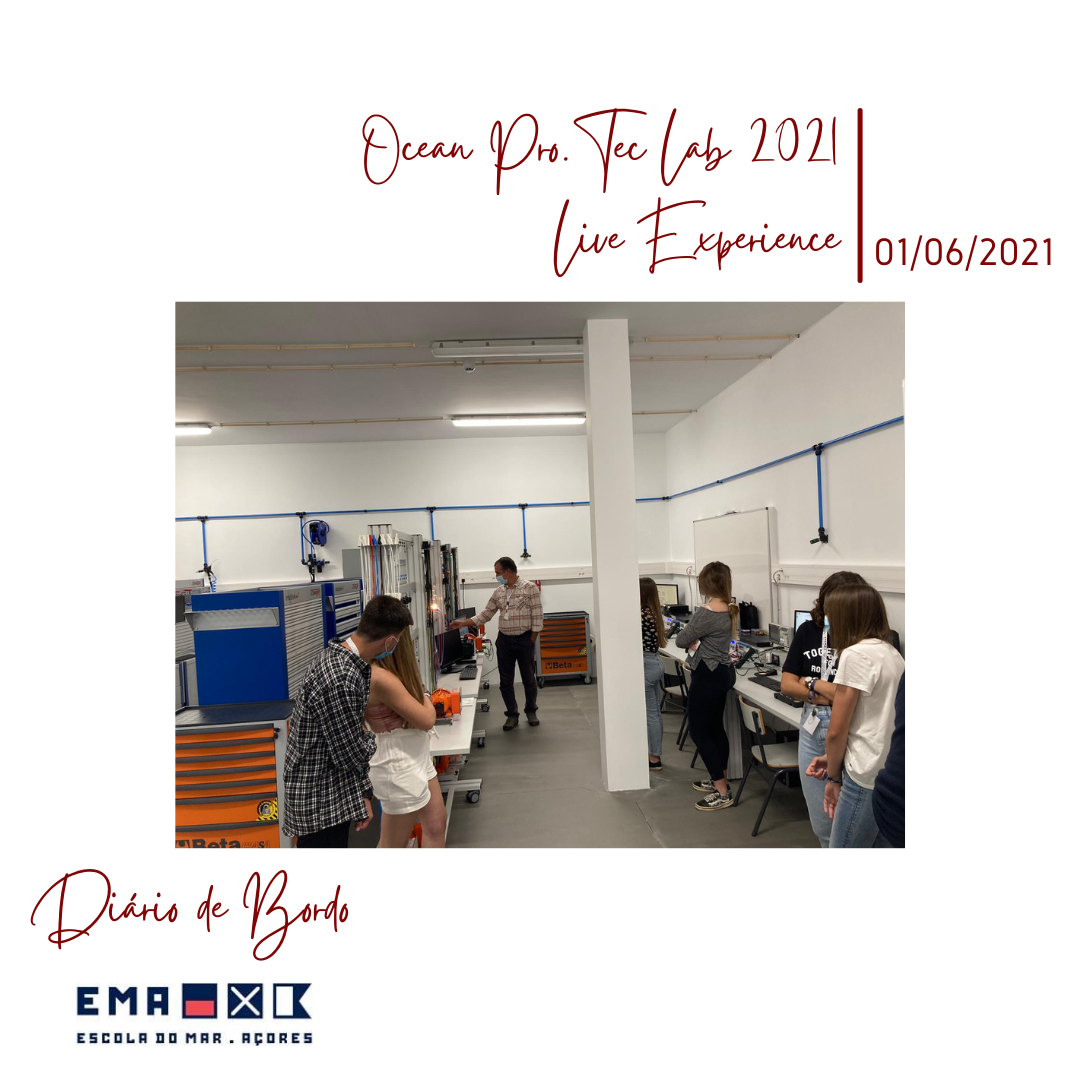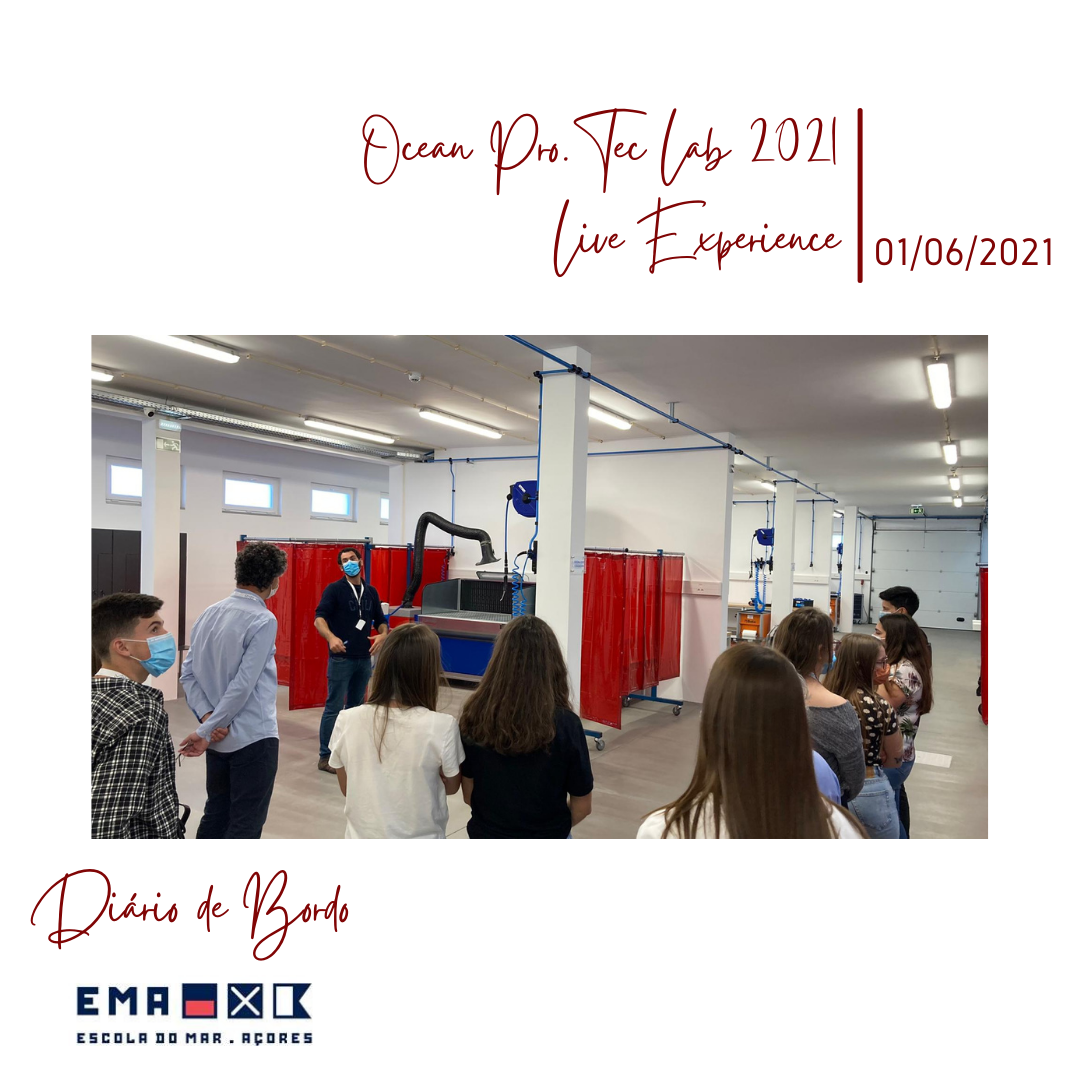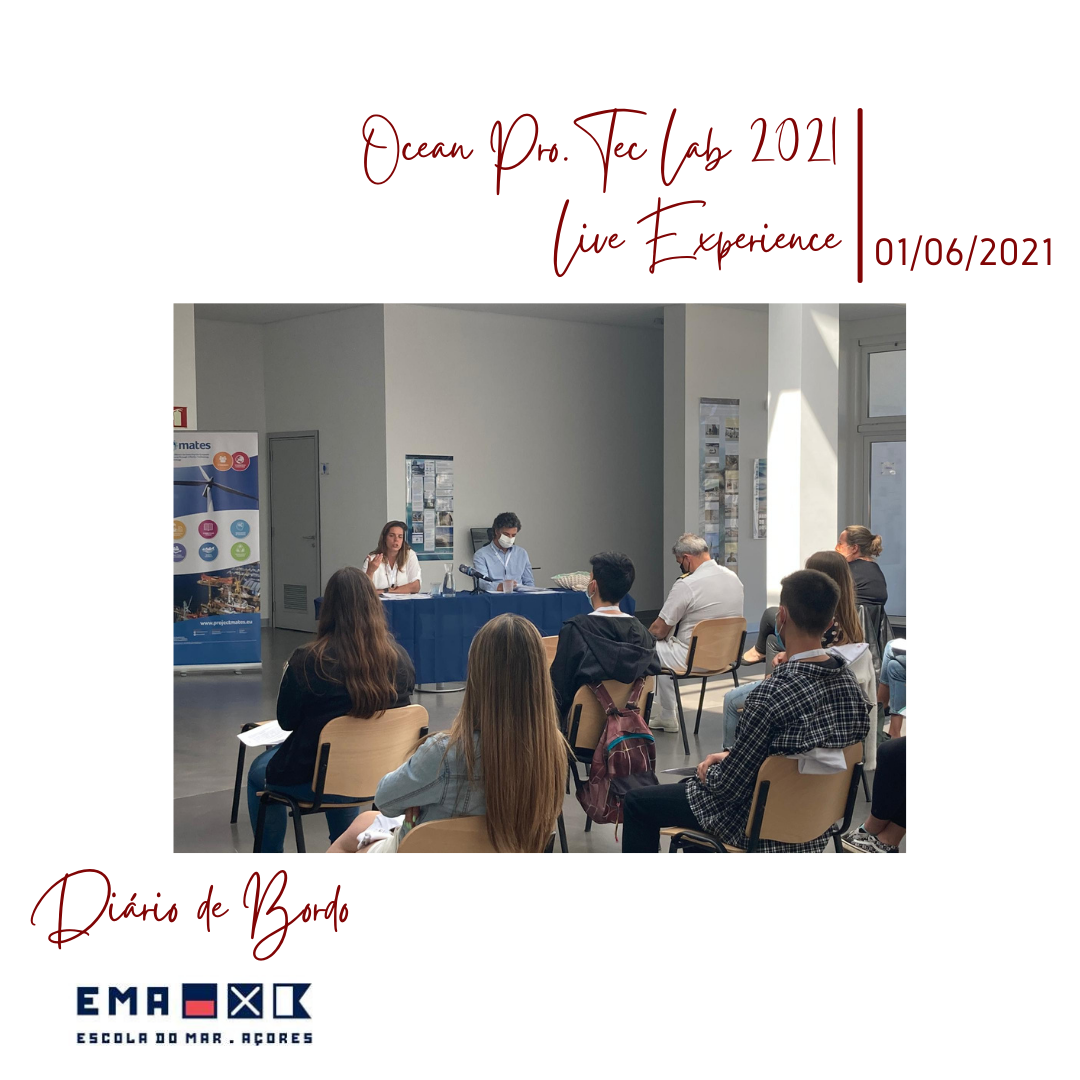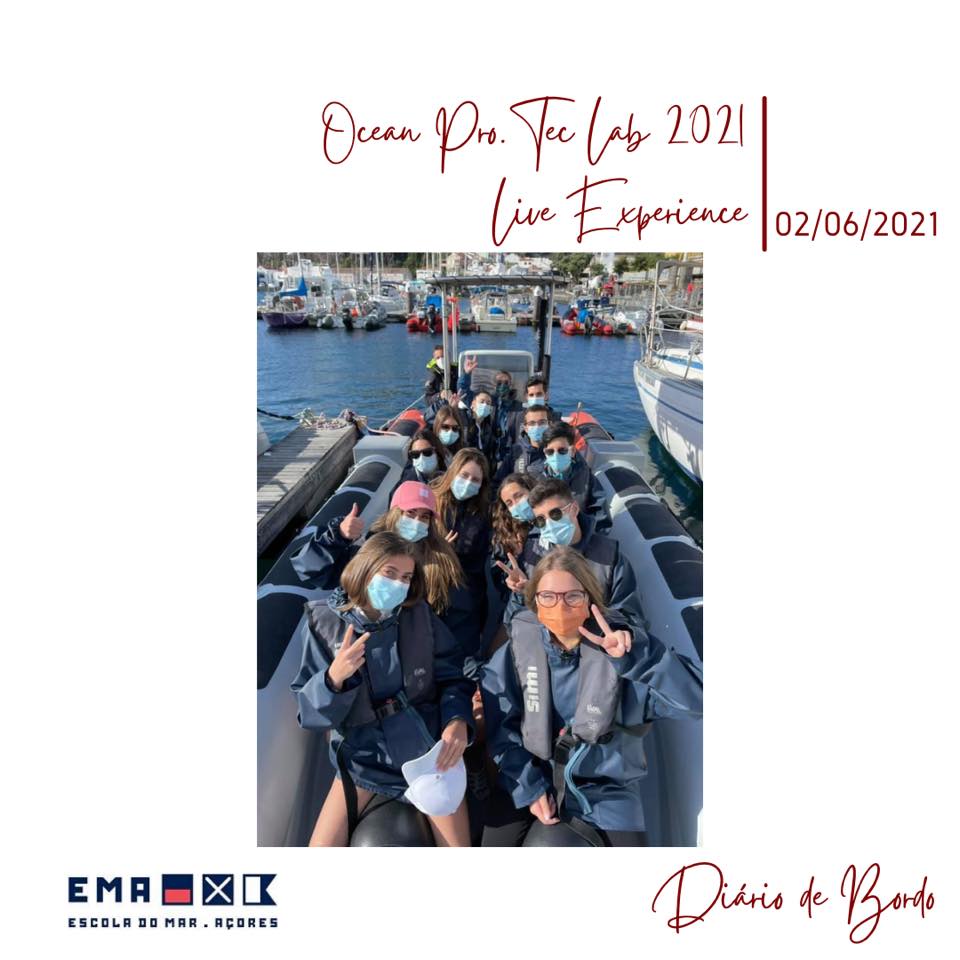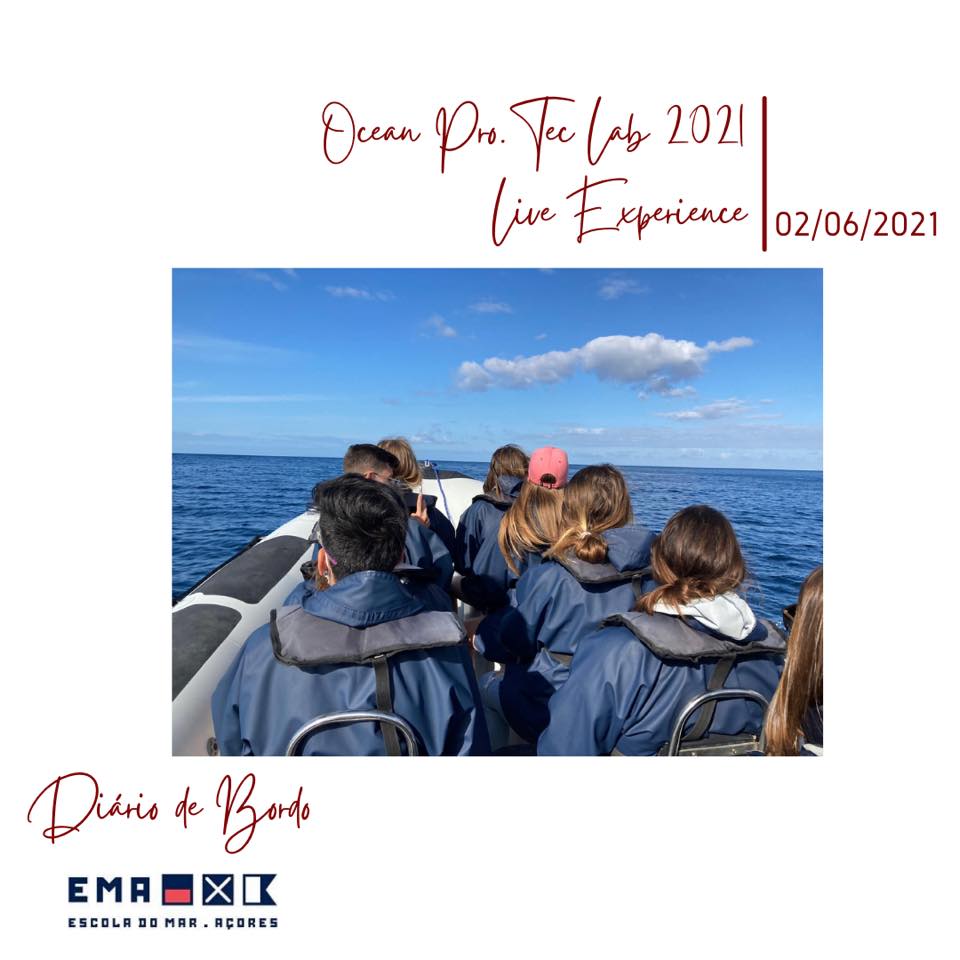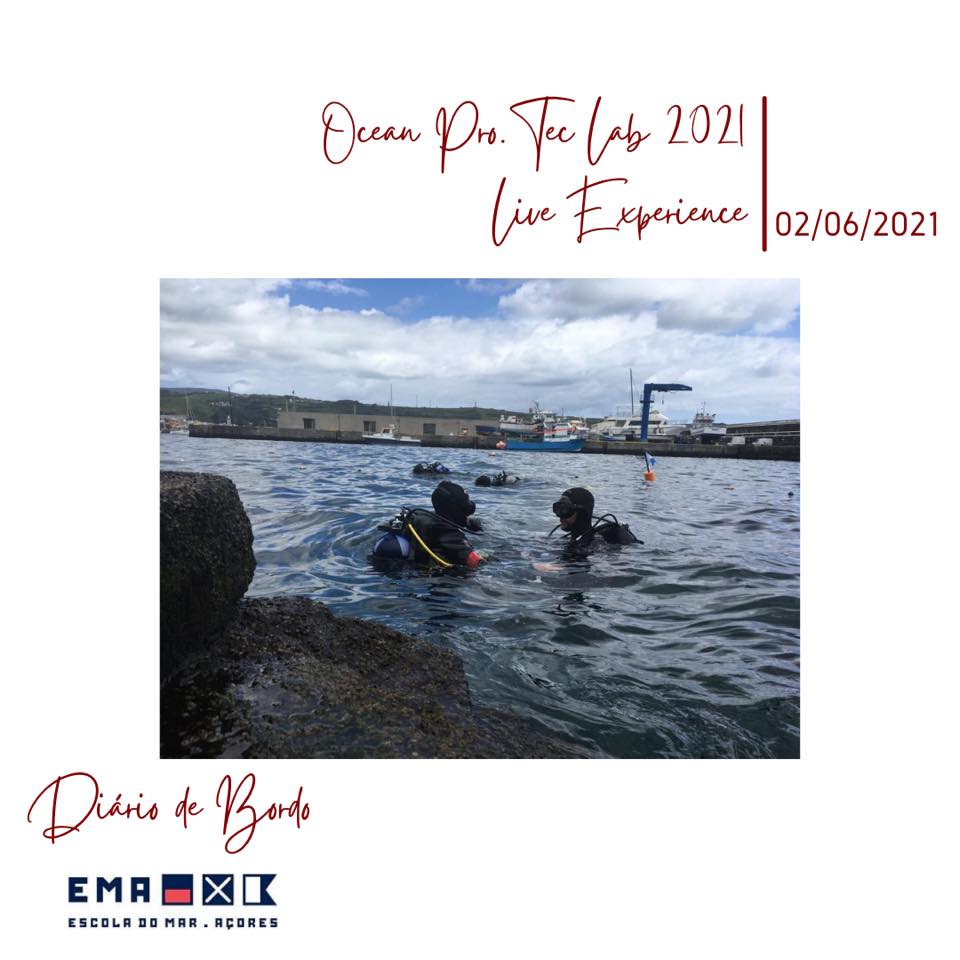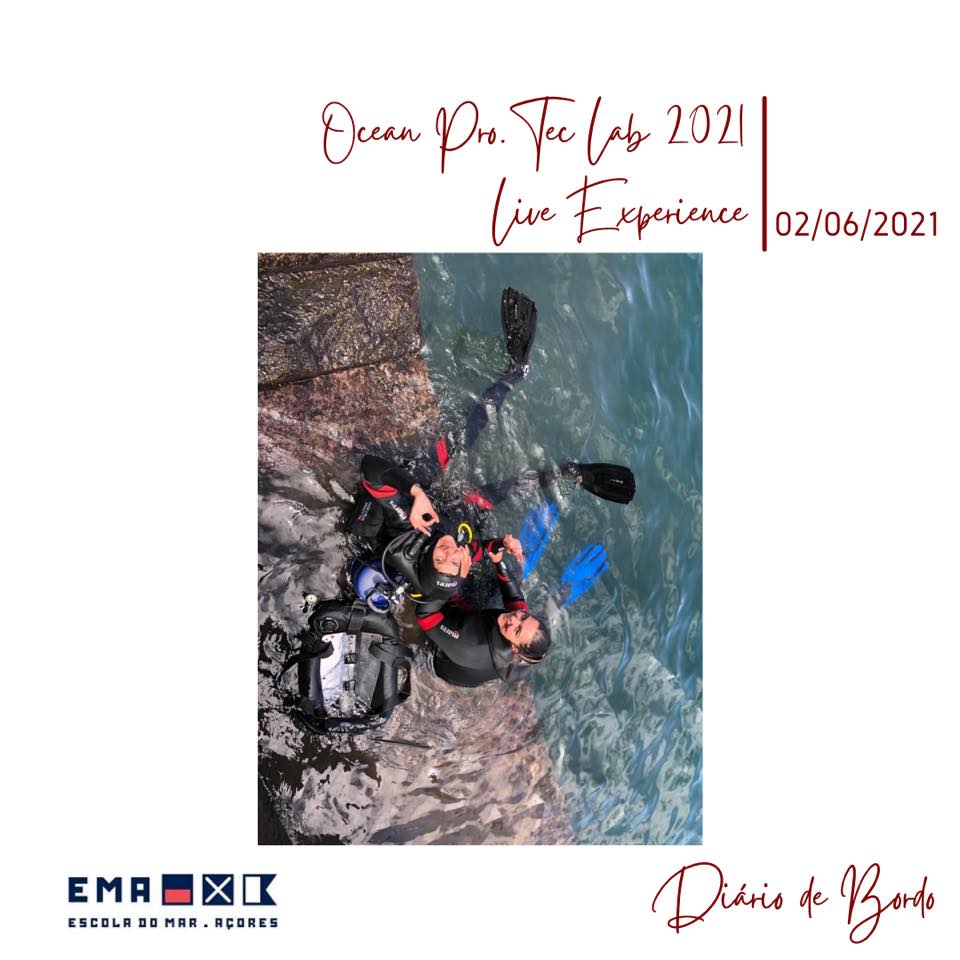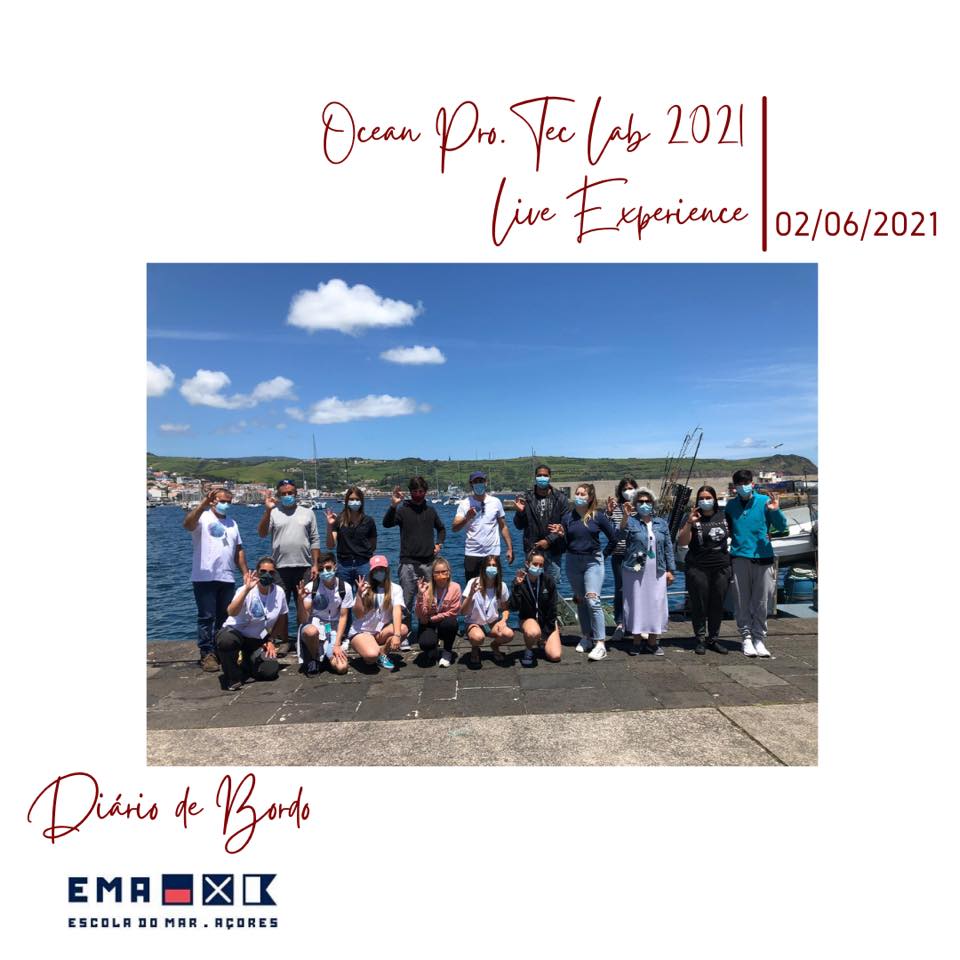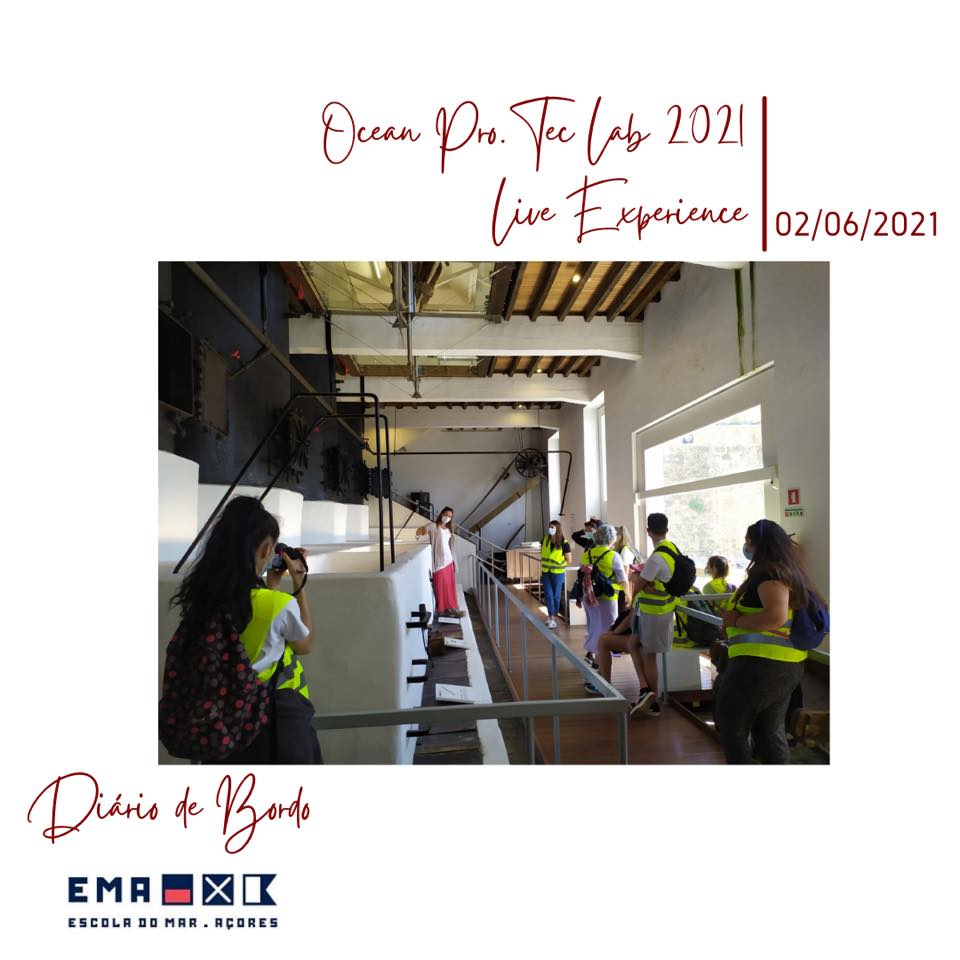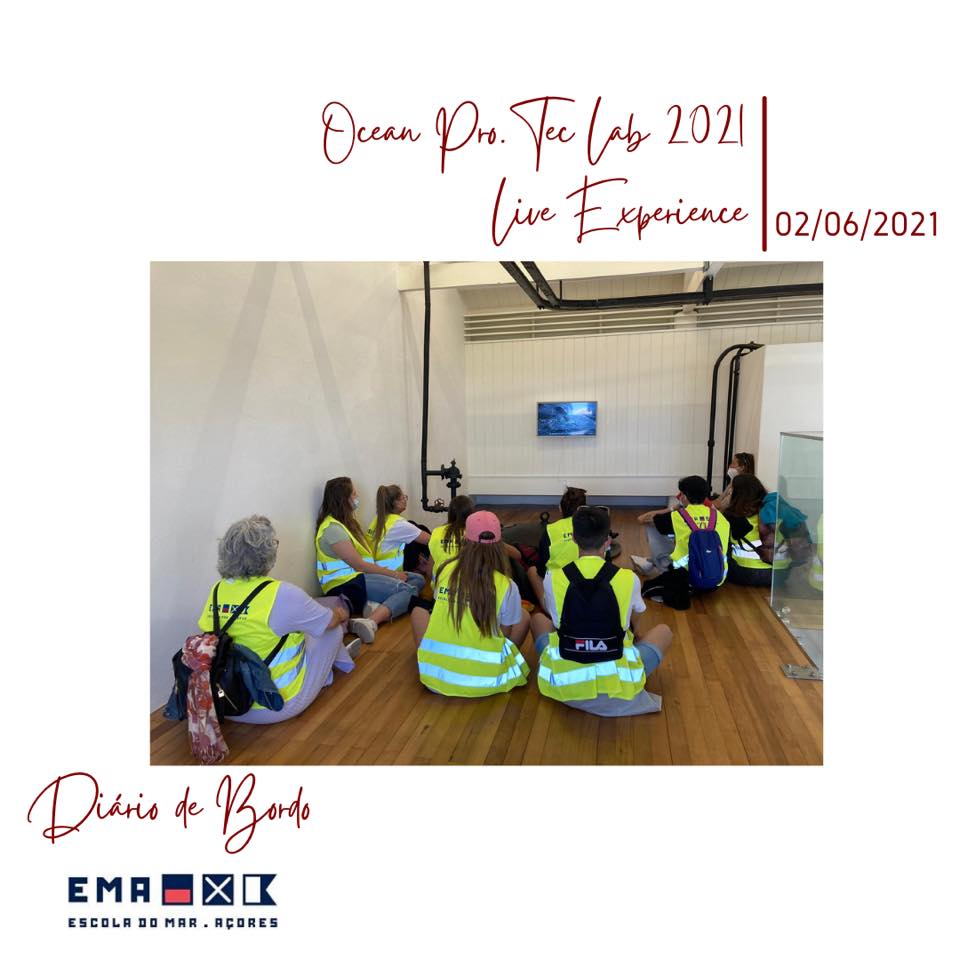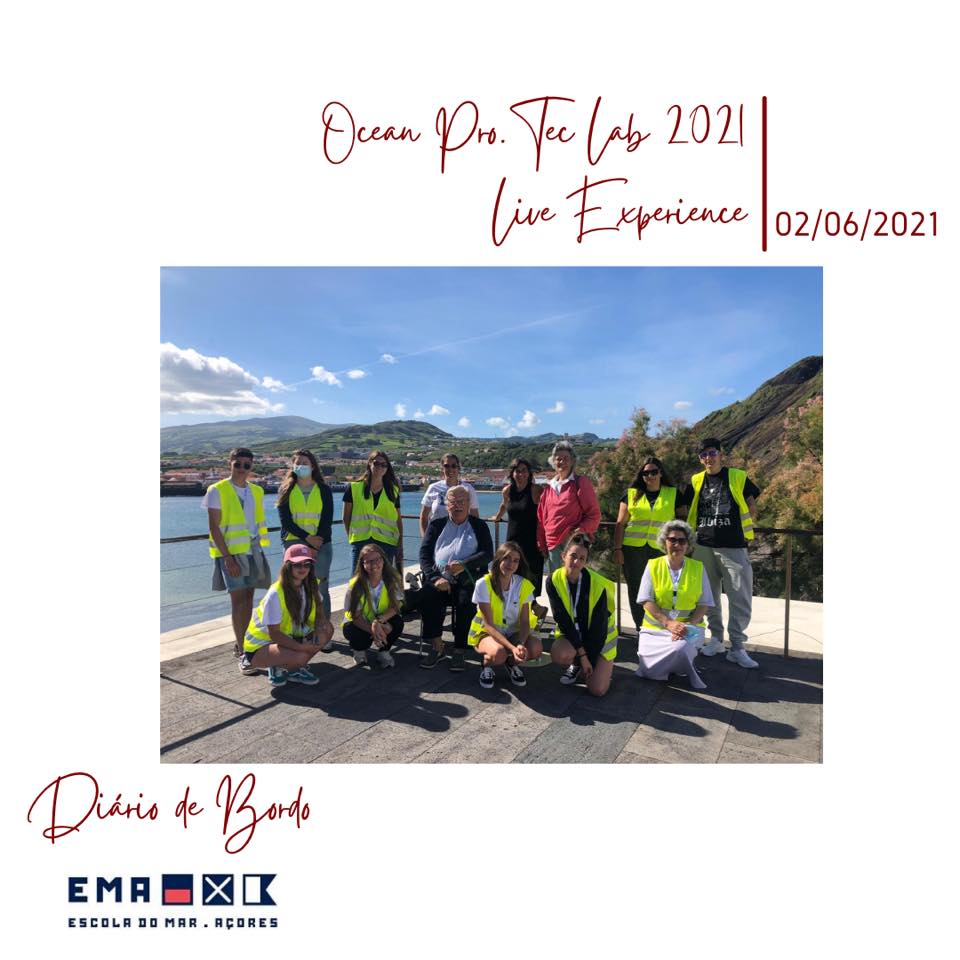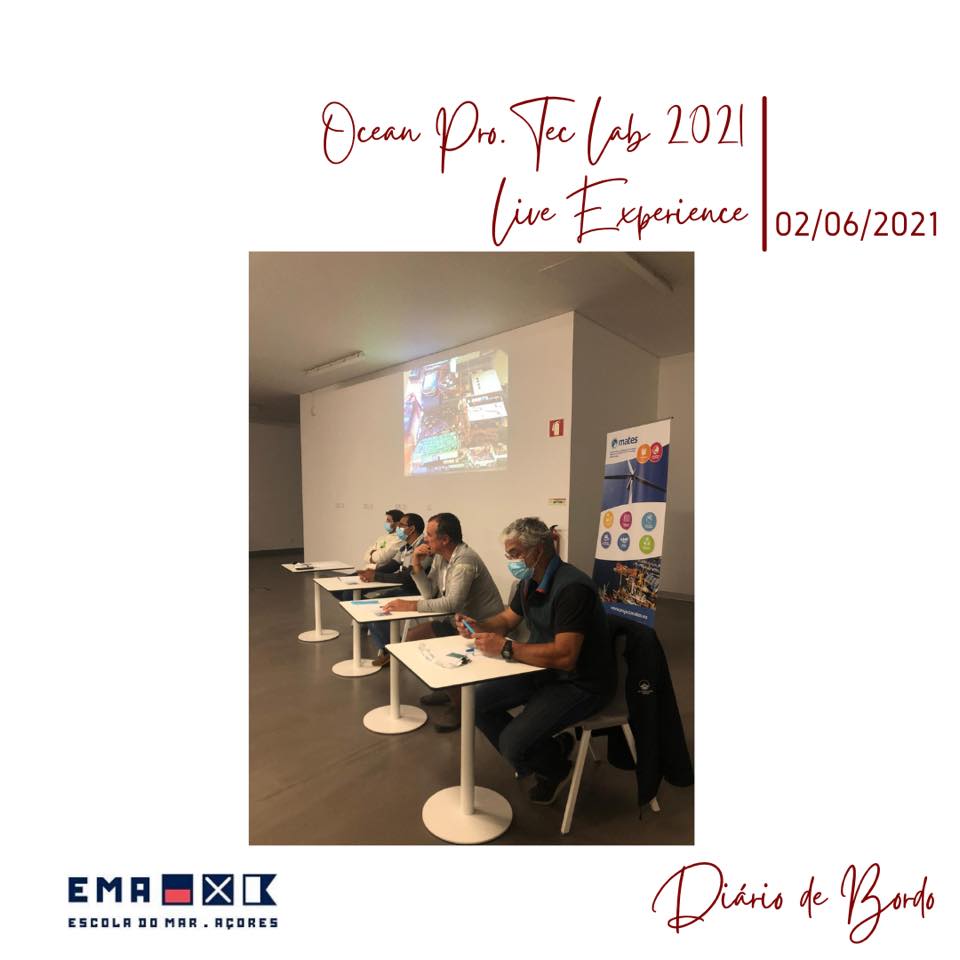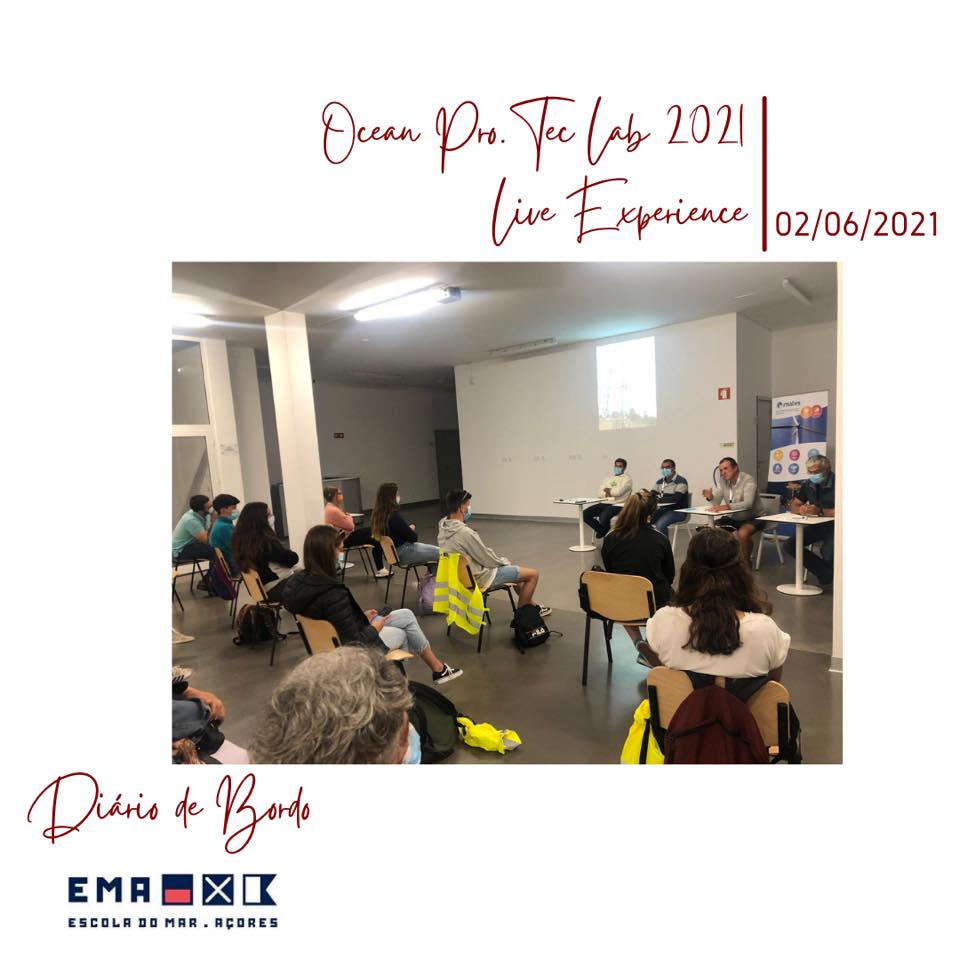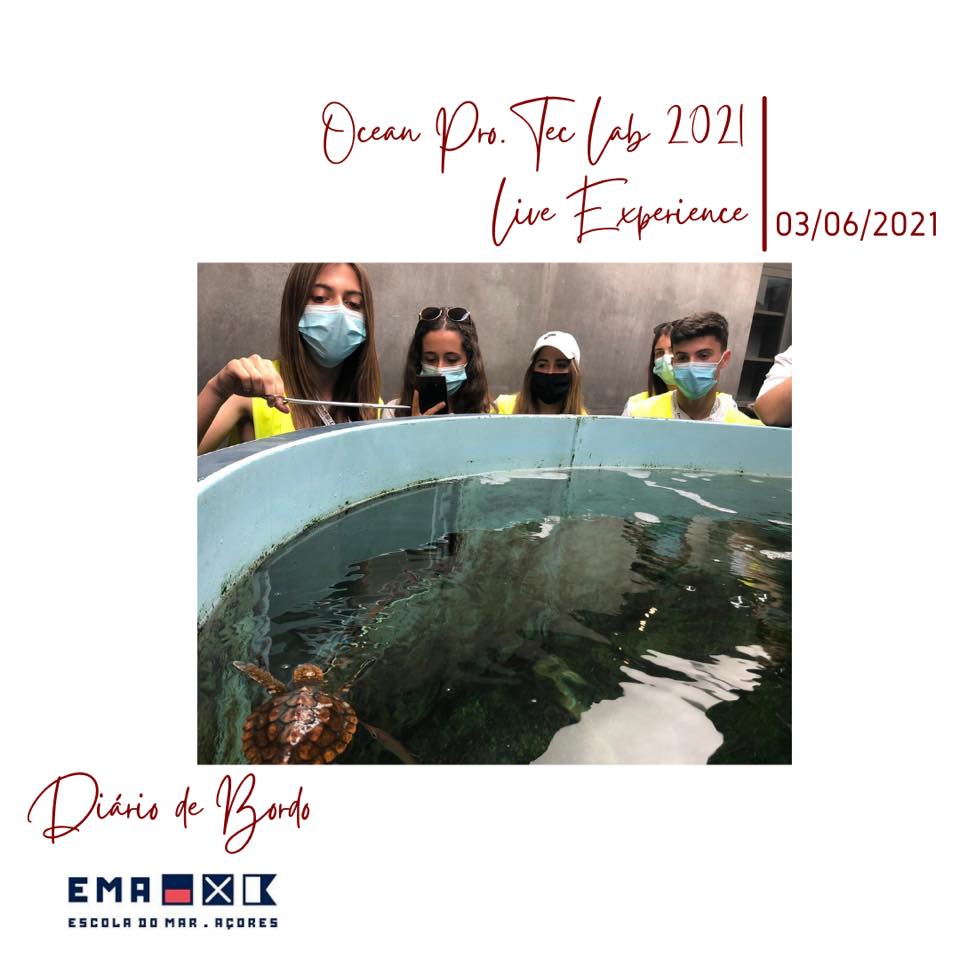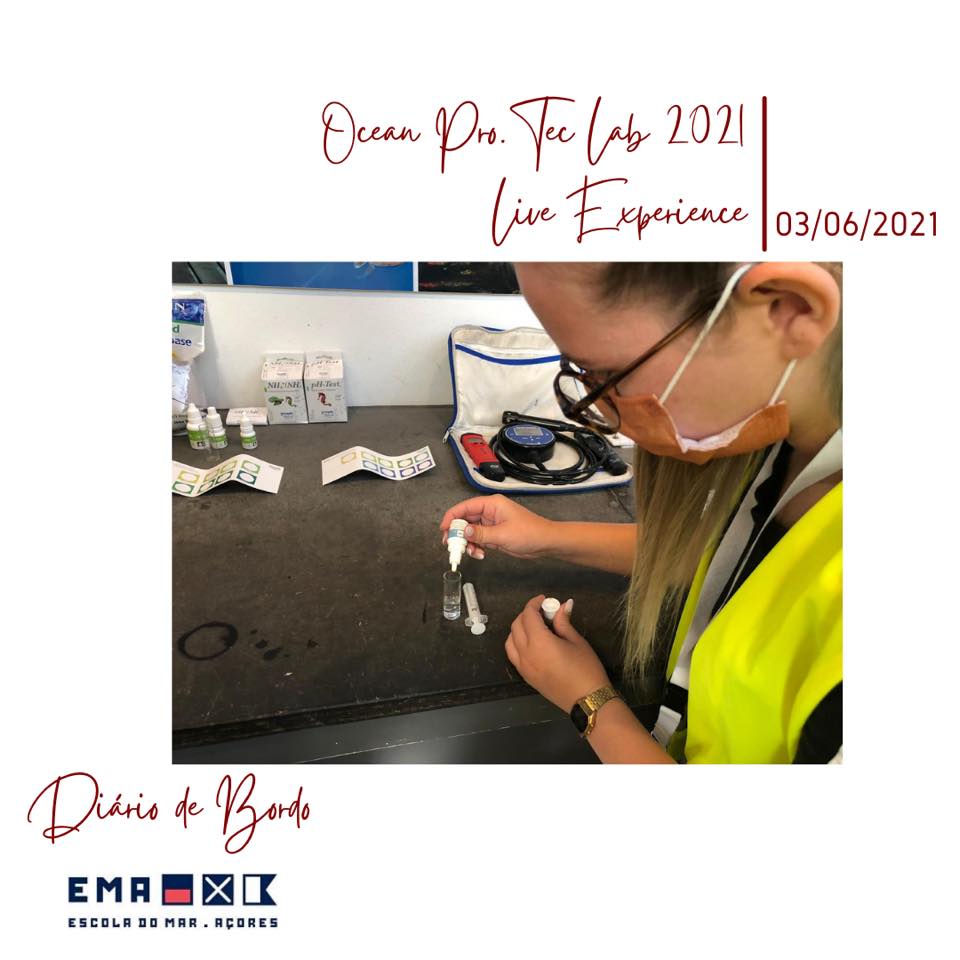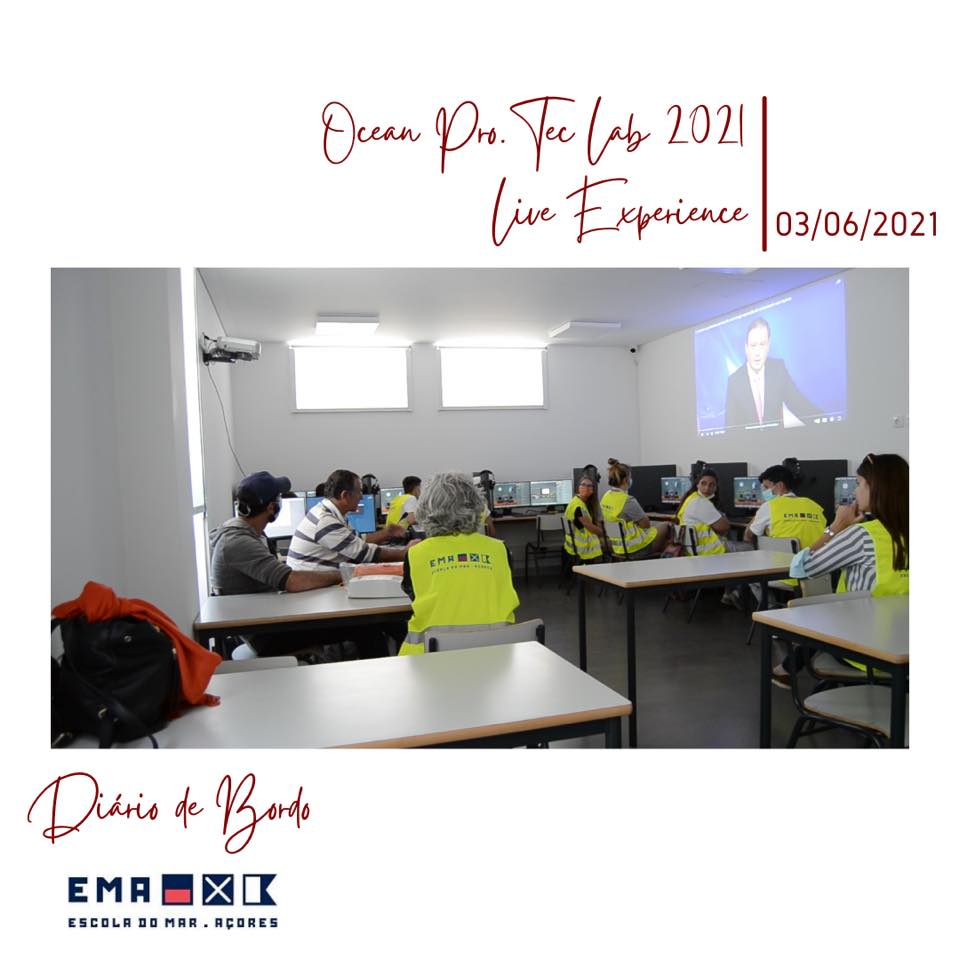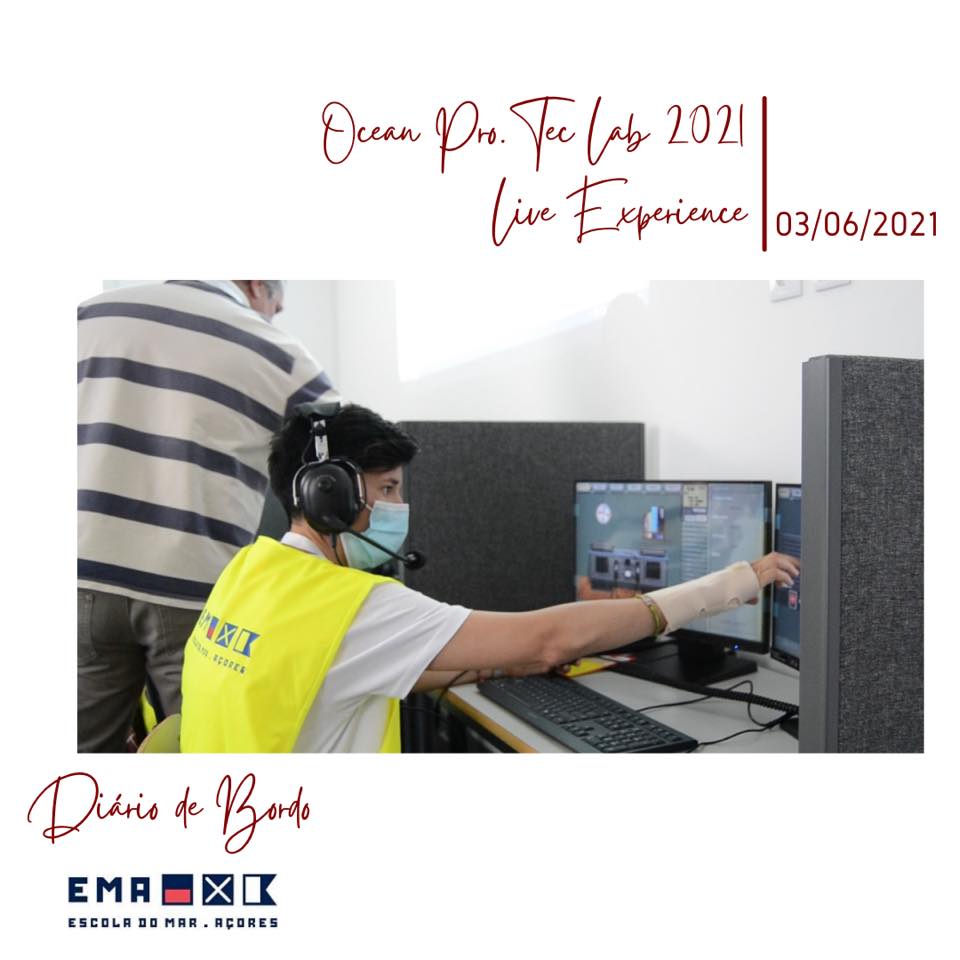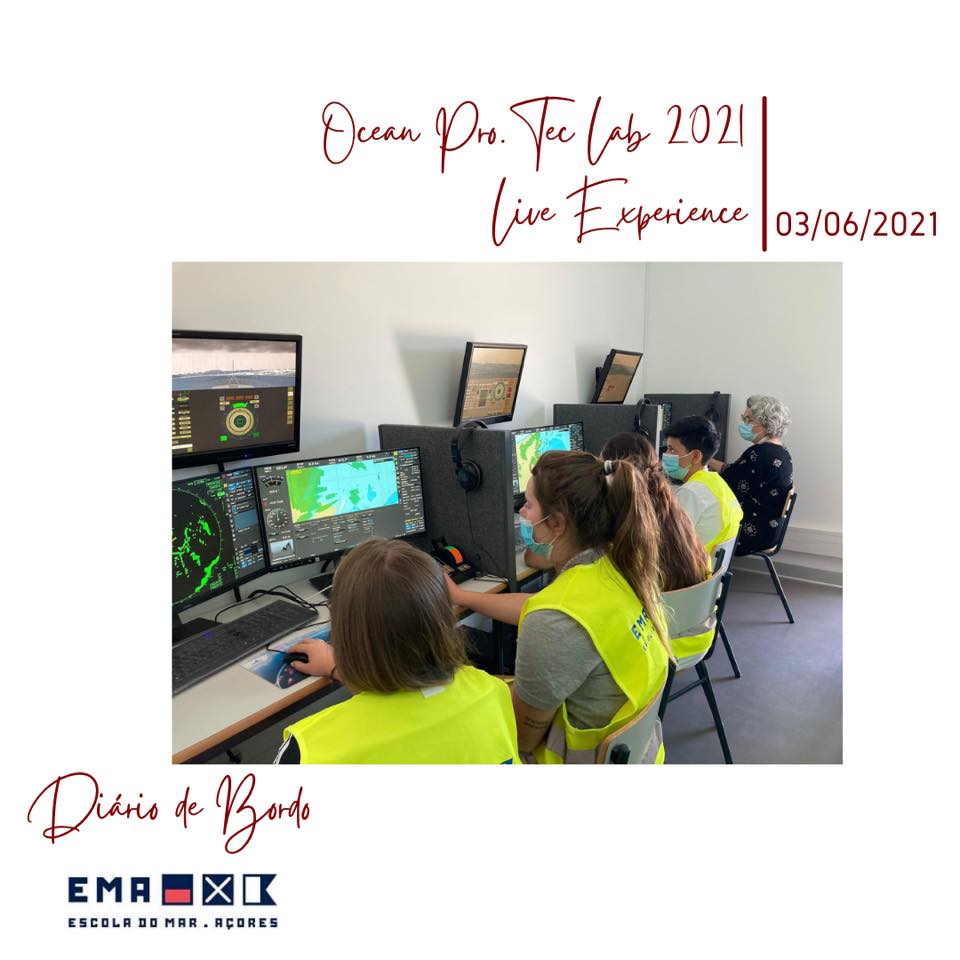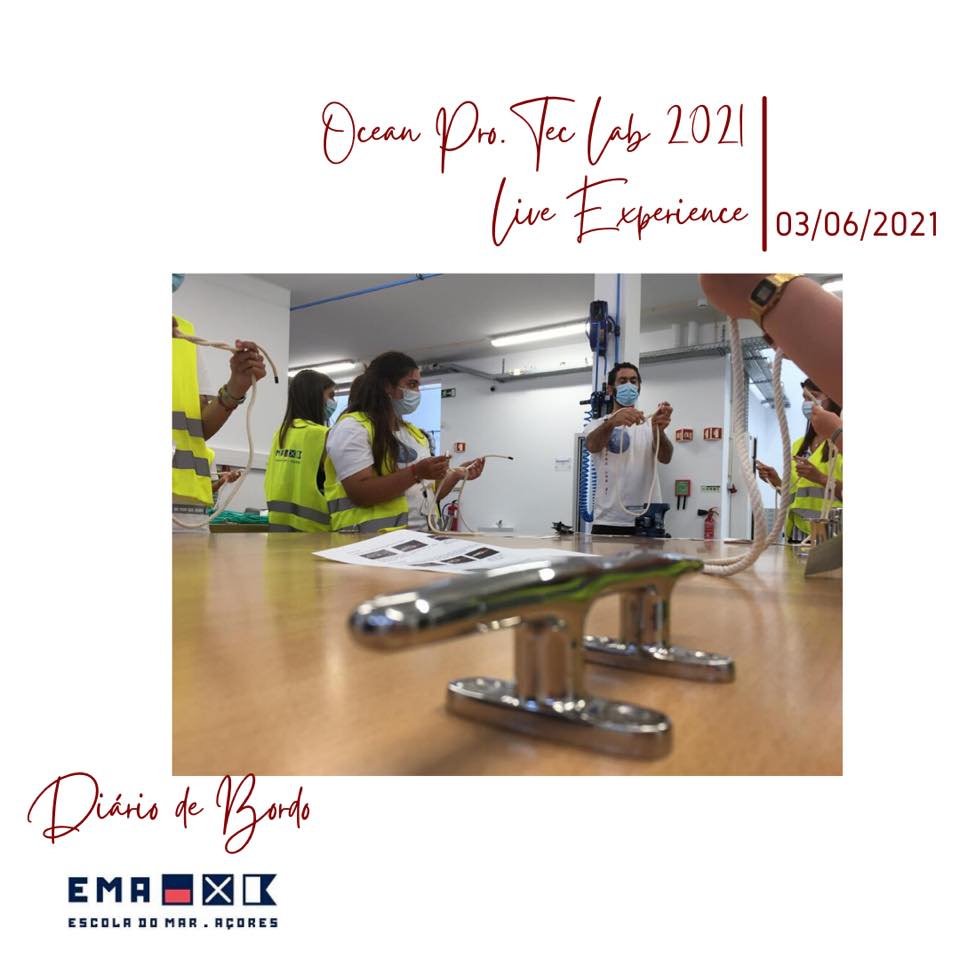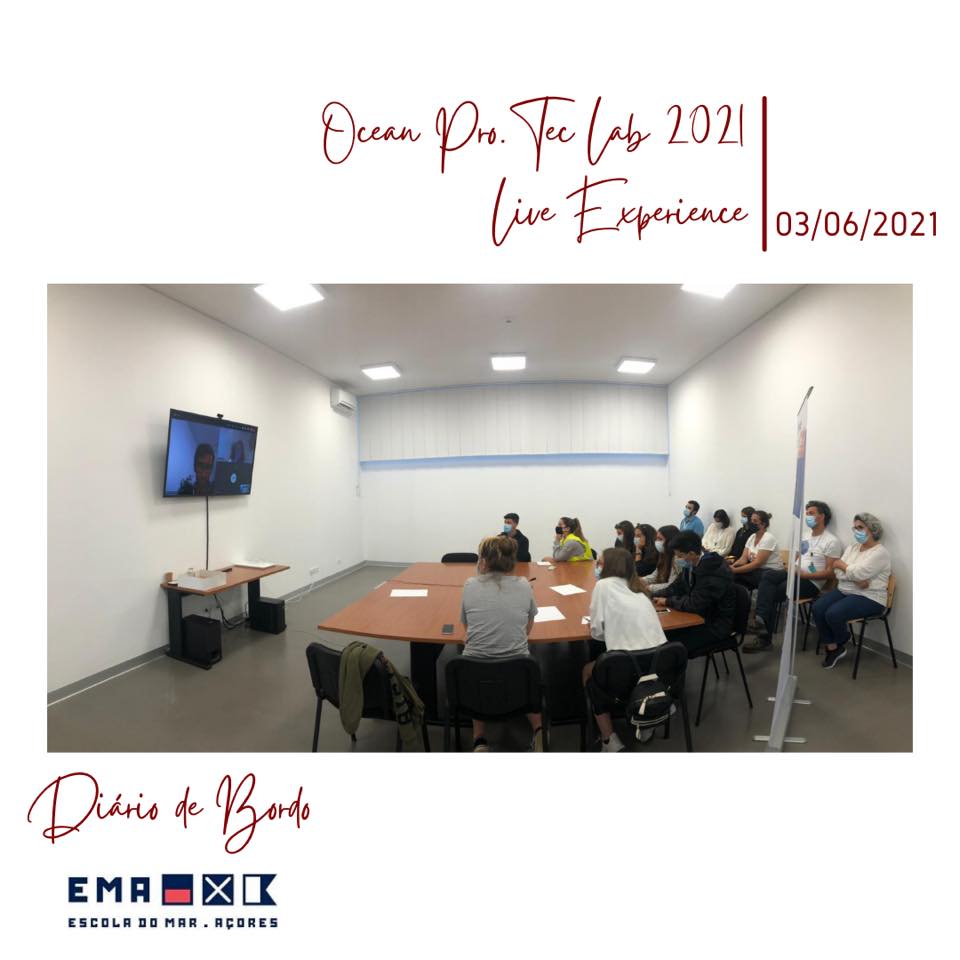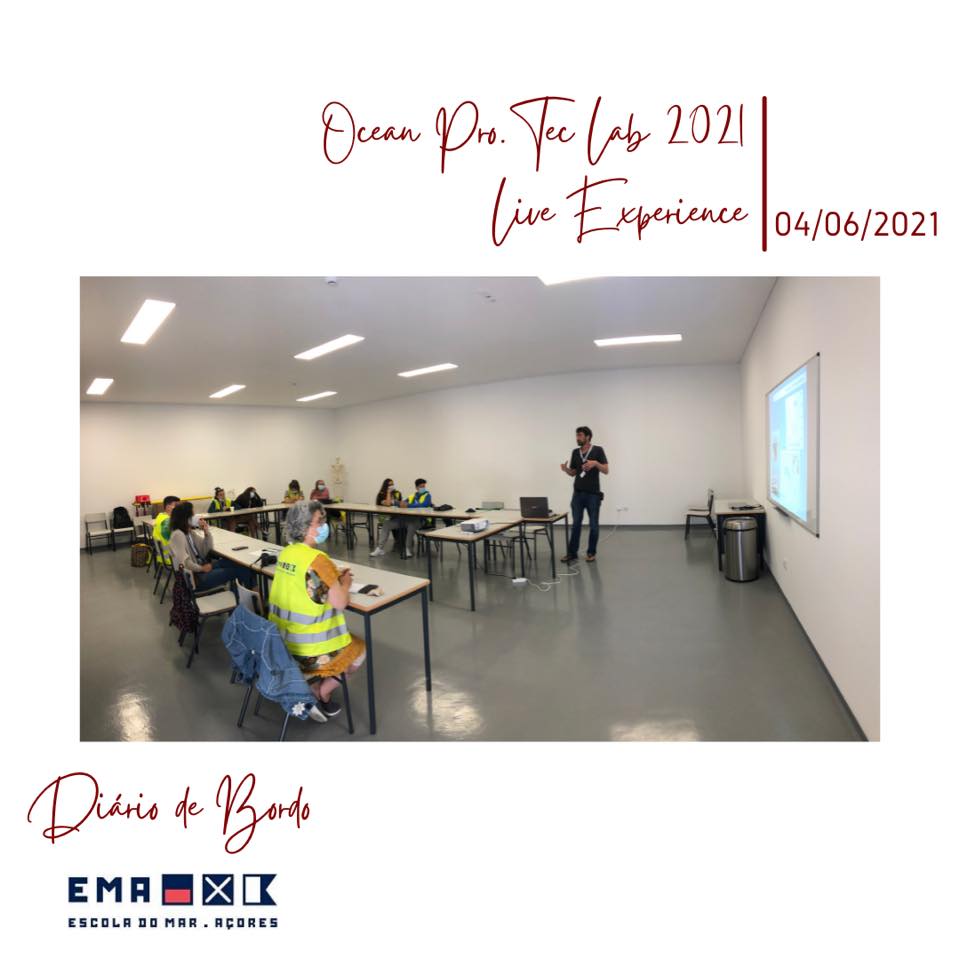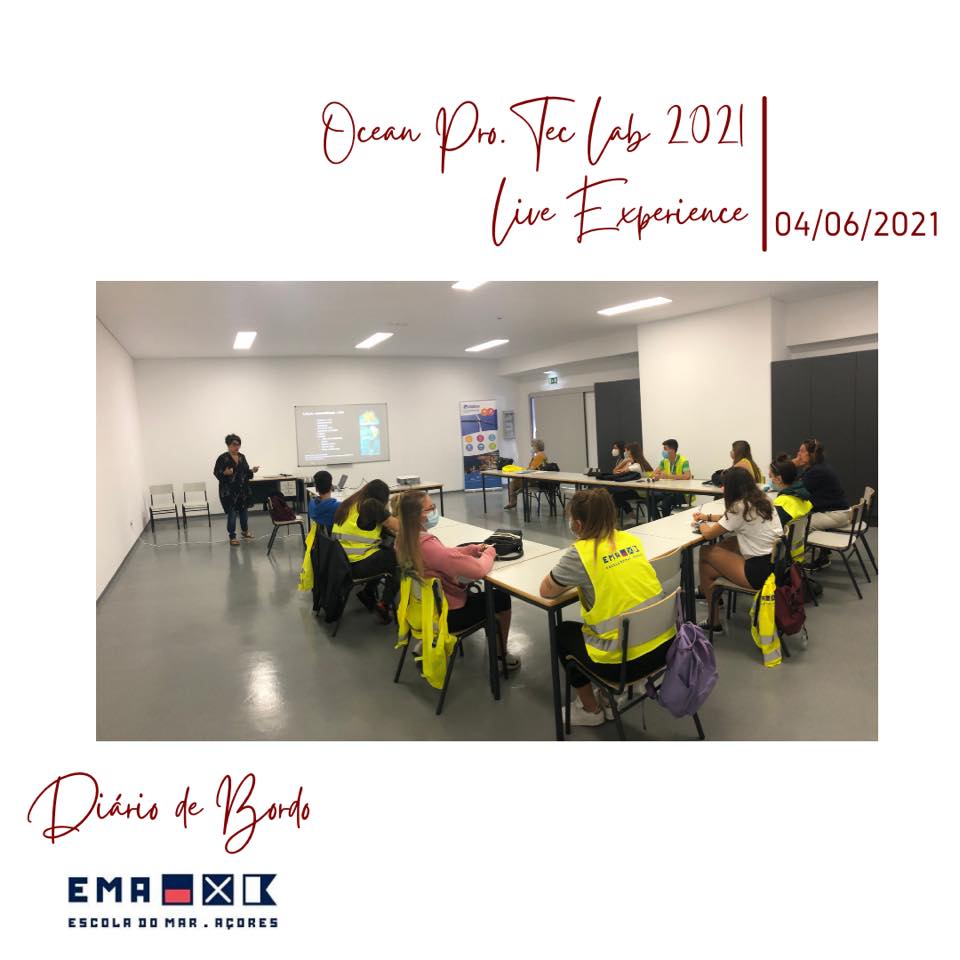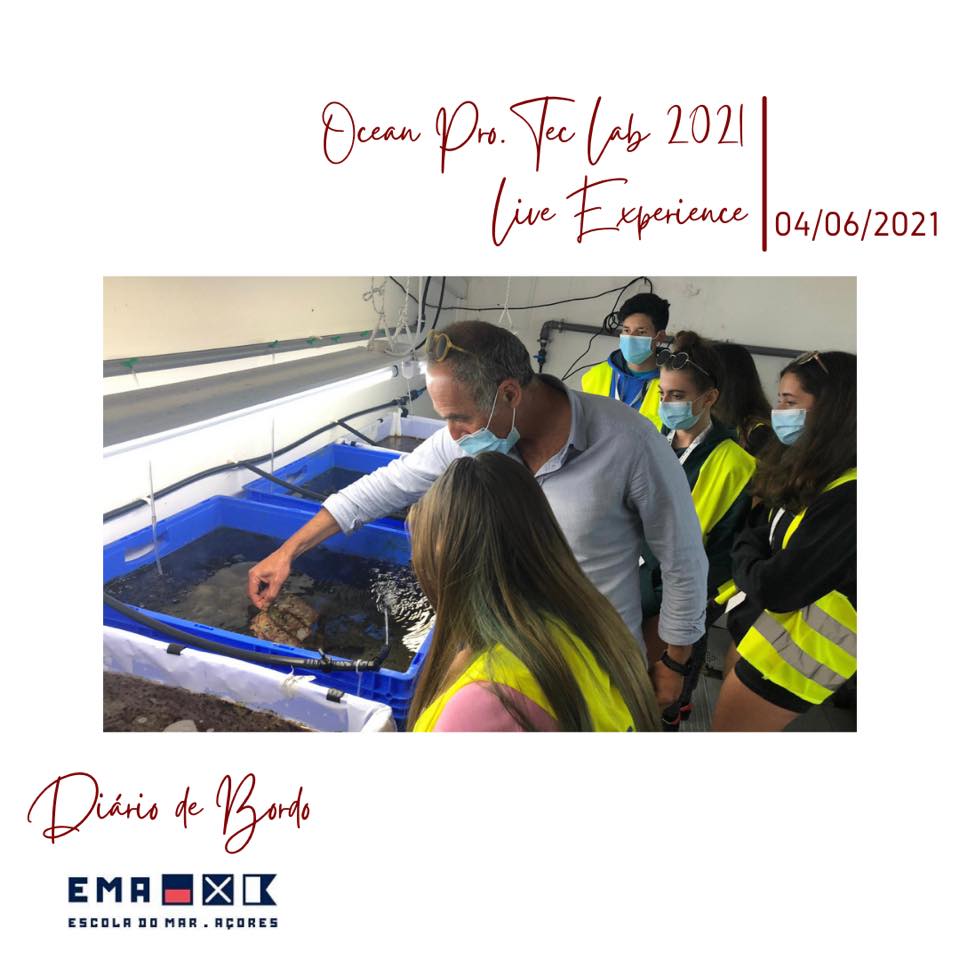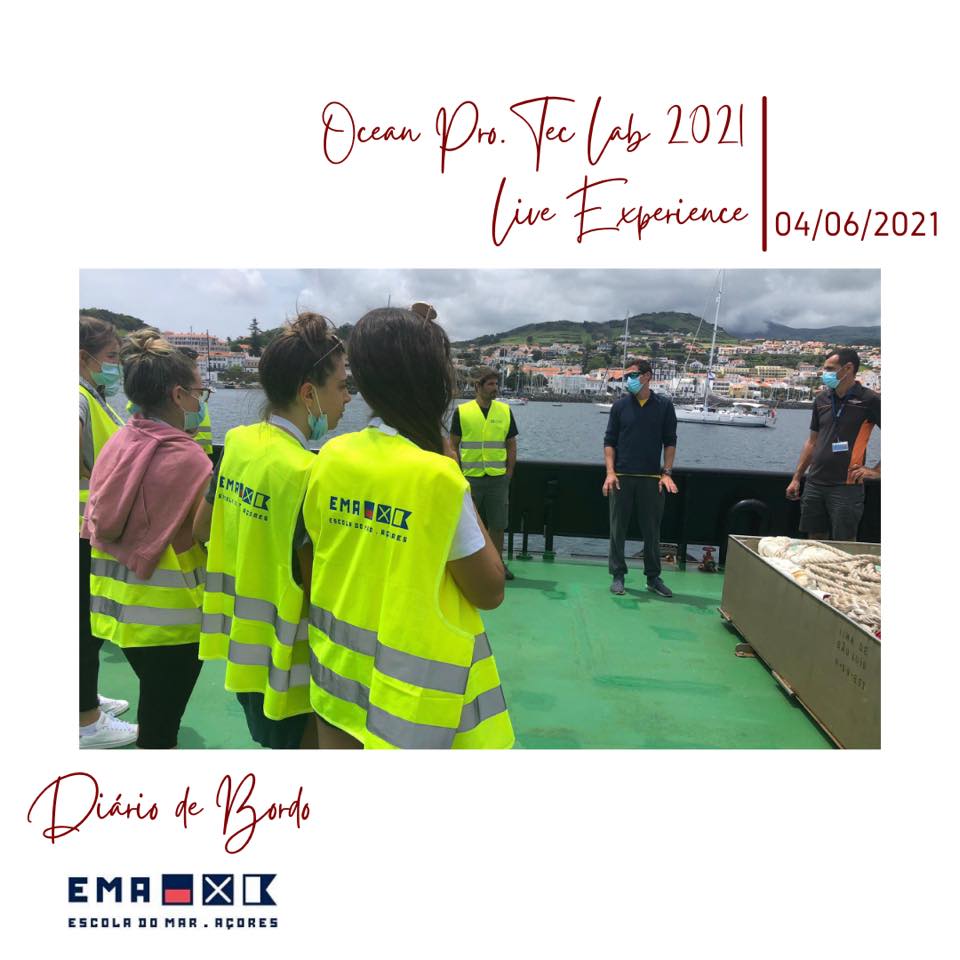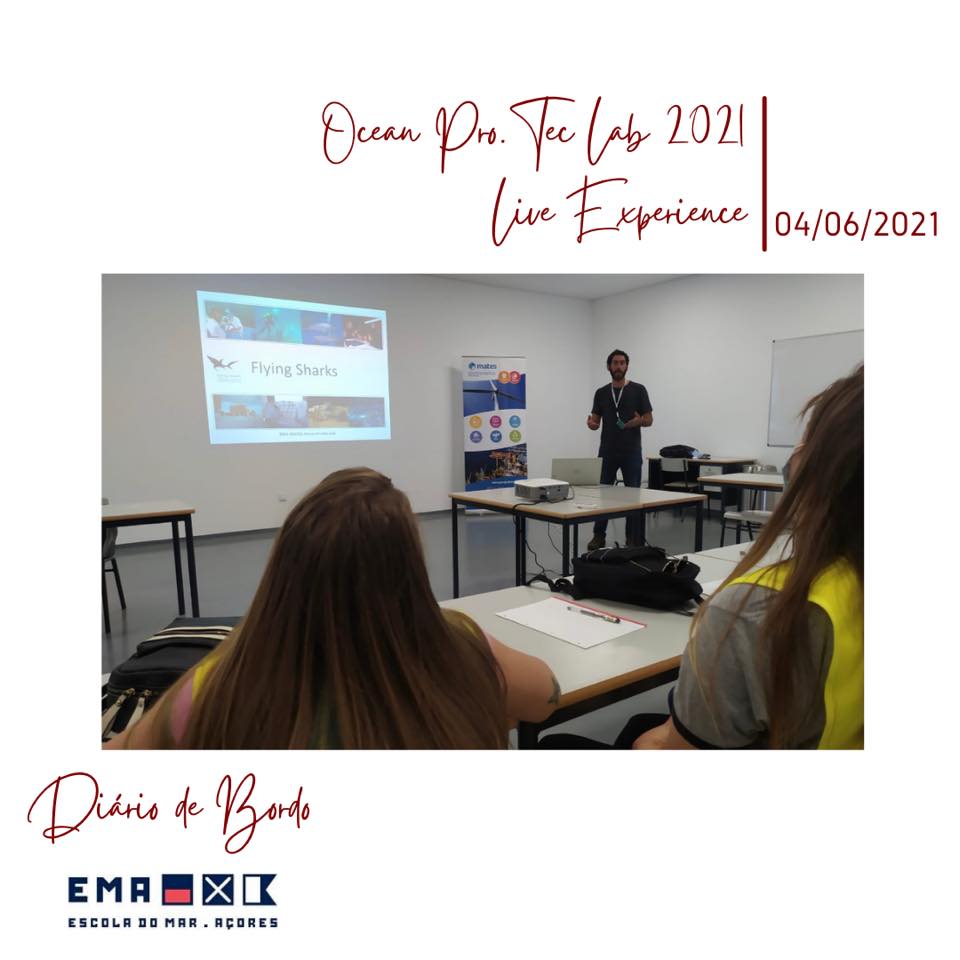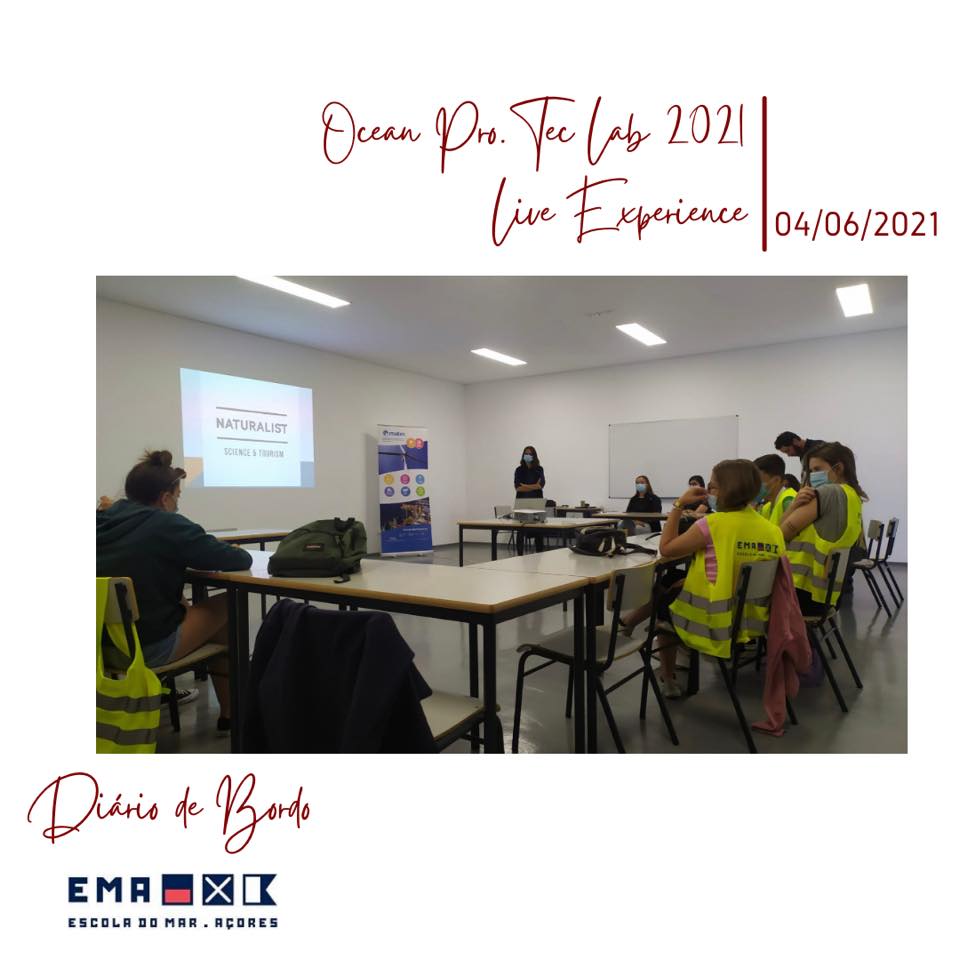The Ocean ProTec.Lab was a short-term course on knowledge exchange between workers from traditional sectors (including shipbuilding/ship repair), entrepreneurs, trainers and early-career skilled youngsters.
UPDATE January 2021: Please note that the Summer School has been cancelled due to the COVID-19 pandemic. This virtual course (Ocean ProTec.Lab) took its place.
Ocean Pro.Tec Lab Promotional Video
Target Audience
Early-career skilled youngsters, trainers, workers from the traditional sectors, entrepreneurs.
Layman Report
Learning Outcomes
Course provider

Course Instructors
Ana Fraga, Marco Dutra, Rui Guedes, Susana Salema
Interested in running this course?
If you would like to run this course or have queries please contact Renato Pires, FRCT – The Regional Fund for Science and Technology, Azores (Portugal) (Renato.HM.Pires@azores.gov.pt).
The Ocean ProTec.Lab was a short-term course on knowledge exchange between workers from traditional sectors (including shipbuilding/ship repair), entrepreneurs, trainers and early-career skilled youngsters.
The Pilot Experience included two technical pedagogical interventions, which covered theoretical and practical knowledge transfer, and concepts of maritime literacy and ocean literacy. It enabled youngsters to have direct contact with the broad experience of workers of the Sea Cluster and business experts. Thus, it provided an environment for critical sharing and learning between trainers, maritime professionals and young students (VET and secondary education).
The Ocean ProTec.Lab Pilot Experience included topics/modules about traditional sectors and emerging activities related to new technologies. It covered not only Shipbuilding/Ship Repair and Offshore Renewable Energies (target sectors of MATES project), but also Blue Economy, Maritime Careers, Aquaculture, Blue Technologies, among others. Additionally, the Pilot Experience included horizontal themes: innovation and entrepreneurship, ocean literacy and gender balance. These themes were included in dynamic sessions and through didactic activities in project methodology, which promoted contact and knowledge sharing among the participants (students, trainers, facilitators, workers and entrepreneurs from the sea cluster).
- Level 3 to level 4
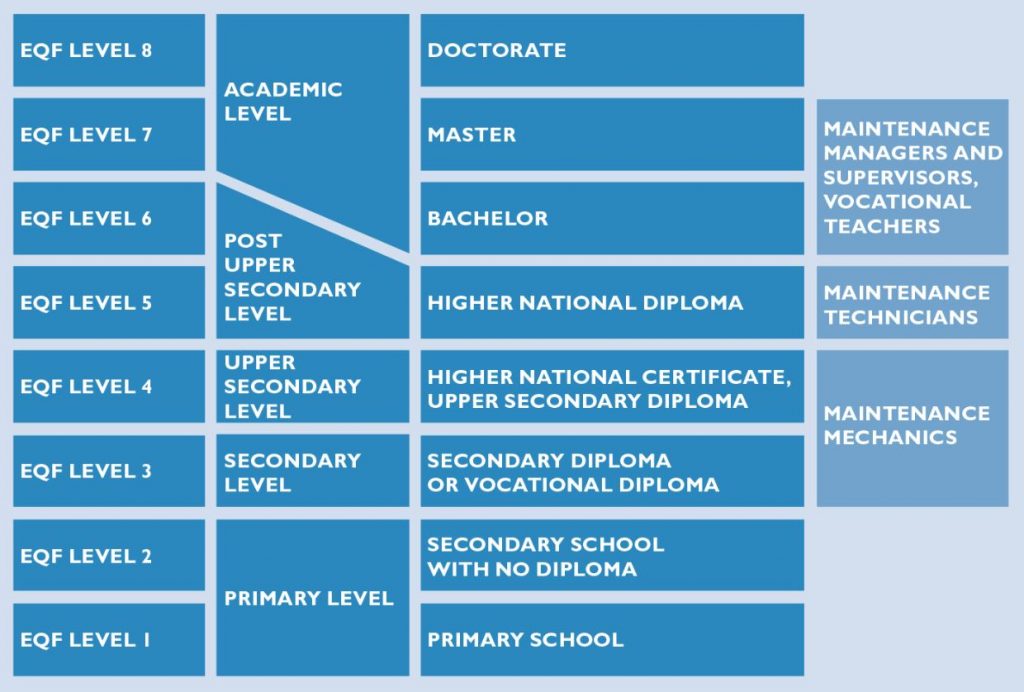
Figure 1: EQF levels compared with achieved education and maintenance personnel positions [1].
[1] Application of European Qualification Framework (EQF) in Maintenance. Magazine for maintenance & asset management professionals: maintworld.com
Time and Date
April – June 2021
Venue
Azores Sea School (Escola do Mar dos Açores), Horta, Azores, Portugal – online event.
Further information
Visit the Escola do Mar dos Açores Facebook page.
The MATES Strategy Baseline report consists of results which were obtained from the extensive work carried out by the MATES partners; workshops with experts, Delphi questionnaires, desk-top studies and surveys. This report synthesises the MATES strategy baseline to bridge the skills gap between training offers and the industry demands in the Maritime Technologies value chain. The full report can be accessed here. Below are the Lines of Actions identified in the report (see pages 17 and 18) which Ocean ProTec.Lab will addressed (SB = shipbuilding and ORE = offshore renewable energies):
- SB6: 21st century skills
- SB7: Ocean literacy
- SB8: Promoting women
- SB9: Skills ecosystem
- ORE4: Skills diversification from parallel sectors
- ORE10: 21st century skills
- OER11: Ocean literacy
- ORE12: Promoting STEM women in ORE


